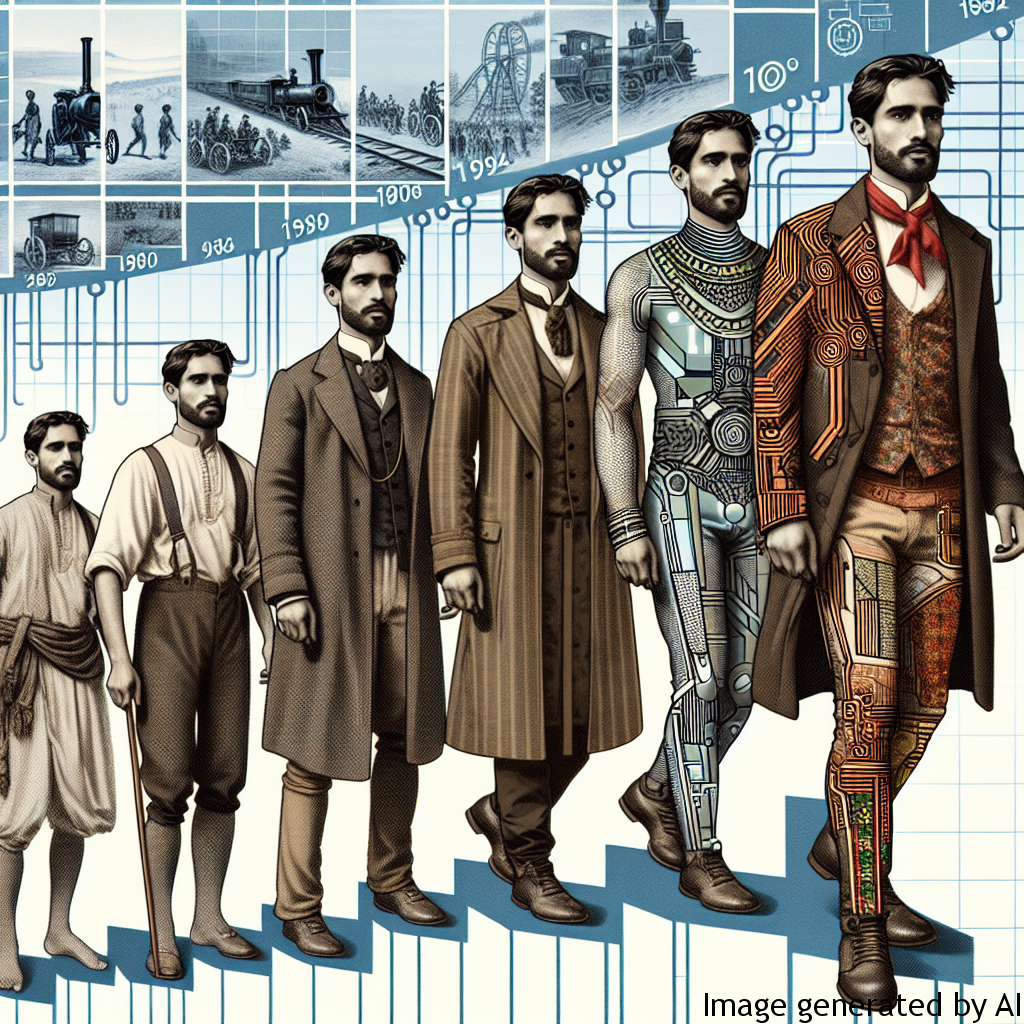Introduction
The evolution of societal structures and the radical shift in technology over the last few decades has brought significant transformations in gender identity. Particularly, shifts in the male identity have been profound. Traditionally, notions of manhood revolved around characteristics such as strength, independence, and emotional stoicism. However, changing societal expectations and the influence of technology have challenged and reshaped these fixed notions. This article delves into the changes in male identity in response to socio-technological shifts.
Description of gender expectations and their impact on men’s mental health
Societal gender expectations put pressure on men to conform to traditional roles and notions of masculinity. Such expectations can result in psychological challenges and mental health issues among men who find it difficult to adhere to these norms.
The pressure to conform
Men are often subjected to societal pressure to exhibit traditional masculine traits like aggression, competitiveness, and emotional suppression. This inherent societal need to conform often profoundly influences a man’s self-concept, behaviour, and overall mental health. Cultural and social narratives that view emotions as a sign of weakness may lead to maladaptive coping strategies among men, such as neglecting to seek help for mental health issues.
The impact on mental health
These stringent gender expectations can have a detrimental impact on men’s mental health. Men are less likely to seek help for mental health issues due to fear of stigma, thereby leading to untreated psychological disorders. Additionally, the persistent pressure to fulfill societal expectations of masculinity could lead to chronic stress, anxiety, and depression.
Examples of how gender roles can affect men’s lives
Men’s inclination to live up to gender expectations can greatly influence their lives ranging from career choices to personal relationships. For example, men might opt for traditionally masculine jobs, even if their interests lie elsewhere, solely to fulfill societal expectations. Furthermore, gender roles can impede men’s ability to express their emotions openly, thereby damaging their interpersonal relationships.
Improving men’s mental health considering gender roles
Addressing the rigid expectations of male identity is essential for improving men’s mental health. Encouraging open dialogue about mental health, creating safe spaces for men to express vulnerability, and promoting lifestyle changes including stress management and well-being practices are relevant steps in this direction. Challenging and reshaping traditional gender roles through education and awareness can foster a healthier mindset among men.
Conclusion
The ongoing shifts in social and technological landscapes necessitate an adaptive response in male identity. As society continues to evolve, it’s imperative to question and reevaluate outdated notions of masculinity. The advent of technology, providing platforms for expressing diverse perspectives, can indeed facilitate this shift and contribute to more flexible, inclusive definitions of manhood.

